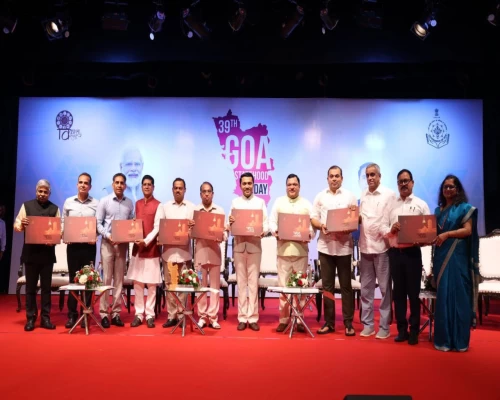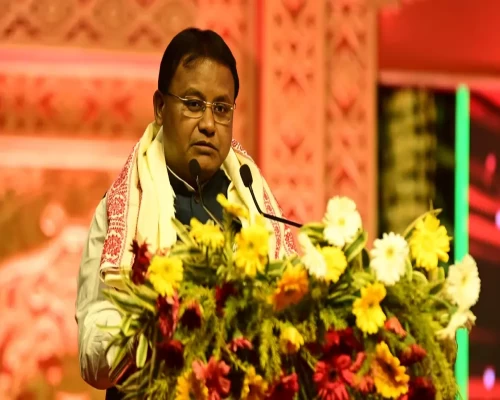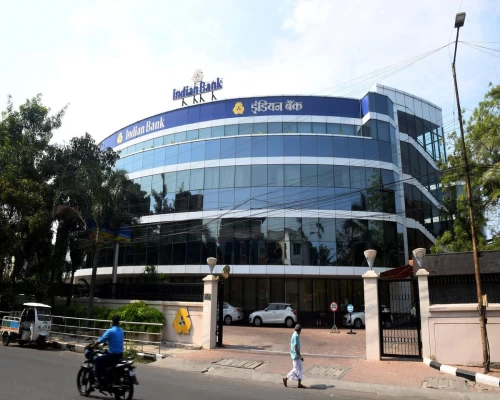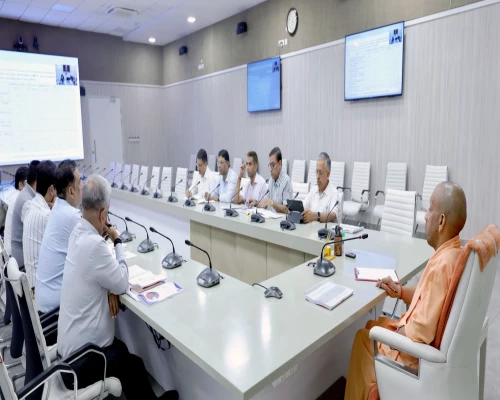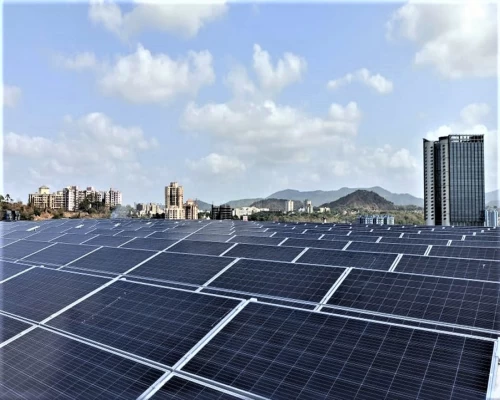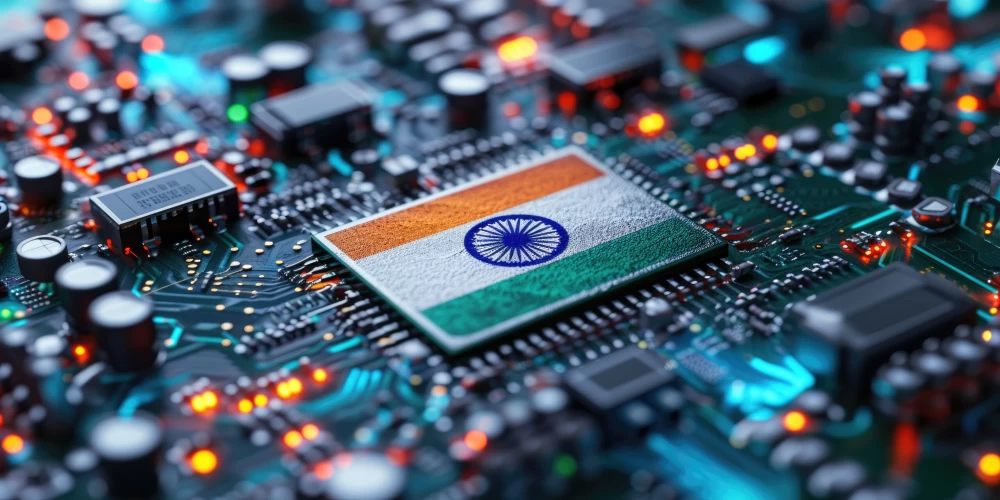
New Delhi: India’s efforts to become a leader in the global semiconductor industry have received a significant boost with the establishment of a semiconductor manufacturing unit in Morigaon, Assam. Developed by Tata Semiconductor Assembly and Test Pvt Ltd (TSAT), the facility represents a major step towards building a robust and self-reliant semiconductor ecosystem. With an investment of ₹27,000 crore, the unit is designed to produce up to 48 million semiconductor chips per day, utilising advanced technologies like flip chip and Integrated System in Package (ISIP). Scheduled for completion by mid-2025, the plant aims to cater to key sectors including automotive, telecommunications, electric vehicles, and consumer electronics, addressing both domestic and international demand.
Beyond technological advancements, the project is expected to drive economic growth in the region, creating 15,000 direct jobs and 11,000-13,000 indirect employment opportunities. The facility’s scale and output capacity will position India as a competitive player in the global semiconductor supply chain, reducing the country’s dependence on imports while boosting its exports.
India’s semiconductor market, valued at approximately $38 billion in 2023, is projected to grow to $109 billion by 2030. To support this expansion, the government has undertaken several initiatives under the India Semiconductor Mission (ISM), which aims to develop a comprehensive ecosystem for semiconductor and display manufacturing. Launched in 2021 with a financial outlay of ₹76,000 crore, the mission promotes investments and collaborations across sectors such as fabrication, assembly, packaging, and chip design.
The Morigaon facility is part of a series of projects under the Semicon India programme, which includes new semiconductor units by Tata Electronics in Dholera, Gujarat, and CG Power in Sanand, Gujarat. Kaynes Semicon Pvt Ltd has also been approved to establish a unit in Sanand. Additionally, the government is modernising the Semi-Conductor Laboratory in Mohali and supporting the production of electronic components through schemes like the Production Linked Incentive (PLI) and the Scheme for Promotion of Manufacturing of Electronic Components and Semiconductors (SPECS).
As global demand for semiconductors continues to rise, these initiatives underline India’s commitment to strengthening its semiconductor capabilities. The Morigaon plant, alongside other projects, is set to drive innovation, enhance technological independence, and contribute to the country’s growing digital economy.
BI Bureau




